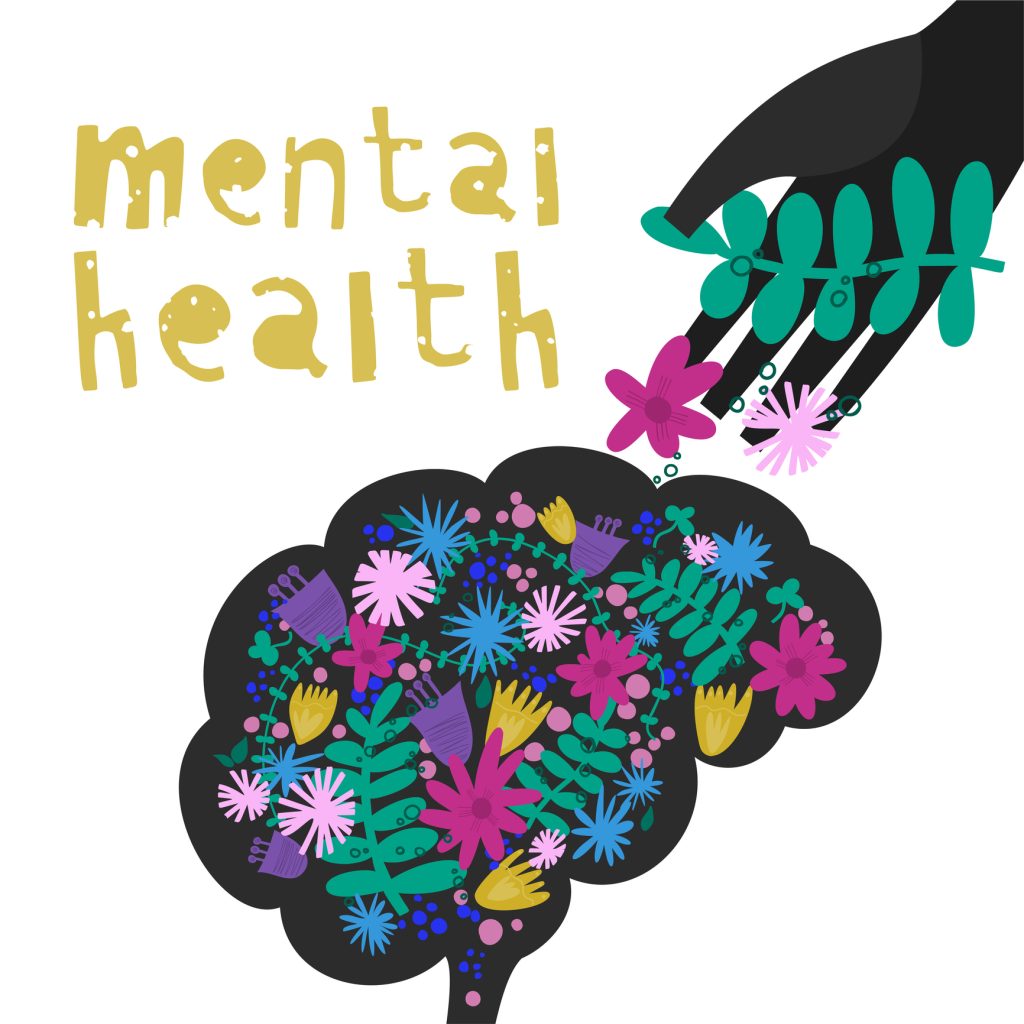In an era where technology is transforming every facet of our lives, the field of mental health services is no exception. The traditional one-size-fits-all approach to mental health is gradually being replaced by a more personalized and nuanced model, thanks to a wave of innovative technologies and therapeutic methodologies. One of the significant breakthroughs in personalized mental health services is the advent of teletherapy platforms. These platforms offer individuals the flexibility to connect with mental health professionals from the comfort of their homes, eliminating geographical barriers and fostering a sense of convenience. This accessibility is particularly crucial in reaching underserved populations and addressing the stigma associated with seeking traditional in-person therapy. Machine learning and artificial intelligence are playing a pivotal role in tailoring mental health interventions. These technologies analyze vast datasets to identify patterns and trends, allowing for more accurate predictions of mental health outcomes. By understanding an individual’s unique characteristics and risk factors, AI-driven algorithms can recommend personalized therapeutic approaches, optimizing the chances of successful outcomes.

This targeted approach not only improves the efficiency of mental health interventions but also enhances the overall patient experience. Mobile applications have emerged as powerful tools for personalized mental health management. These apps leverage sensors and wearables to collect real-time data on users’ behaviors, moods, and physiological responses. With this information, they can provide timely interventions, such as mood tracking, stress management exercises, and even instant access to crisis helplines. The ability to monitor and respond to individuals’ mental health in real-time transforms the treatment landscape, creating a more dynamic and adaptive system. Virtual reality is breaking new ground in exposure therapy, a technique commonly used to treat conditions like phobias and post-traumatic stress disorder PTSD. The environments simulate realistic scenarios, allowing individuals to confront and navigate their fears in a controlled and therapeutic setting. This immersive approach enhances the effectiveness of traditional therapeutic methods, offering a personalized and tailored experience for each individual’s unique needs. Genomics, the study of an individual’s genetic makeup, is also making strides in personalized mental health care.
By analyzing genetic markers associated with mental health conditions, clinicians can gain insights into a person’s susceptibility to certain disorders and tailor treatment plans accordingly. This precision medicine approach holds the promise of more effective interventions with fewer side effects, as medications can be selected based on an individual’s genetic profile. Additionally, the rise of chatbots and virtual mental health assistants is transforming the way individuals engage with mental health resources. These AI-driven conversational agents provide a confidential and non-judgmental space for users to express their thoughts and feelings. They offer personalized coping strategies, psychoeducation, and, in some cases, can even facilitate immediate connections to human therapists. This 24/7 accessibility ensures that individuals can access support whenever they need it, fostering a continuous and personalized approach to mental health care. The landscape of mental health services is undergoing a revolutionary transformation, marked by innovations that prioritize personalization and accessibility and visit here https://lakeviewmentalhealth.com/. From teletherapy platforms to genomics and virtual reality, these advancements are not only reshaping the treatment maze but also empowering individuals to navigate it on their own terms.